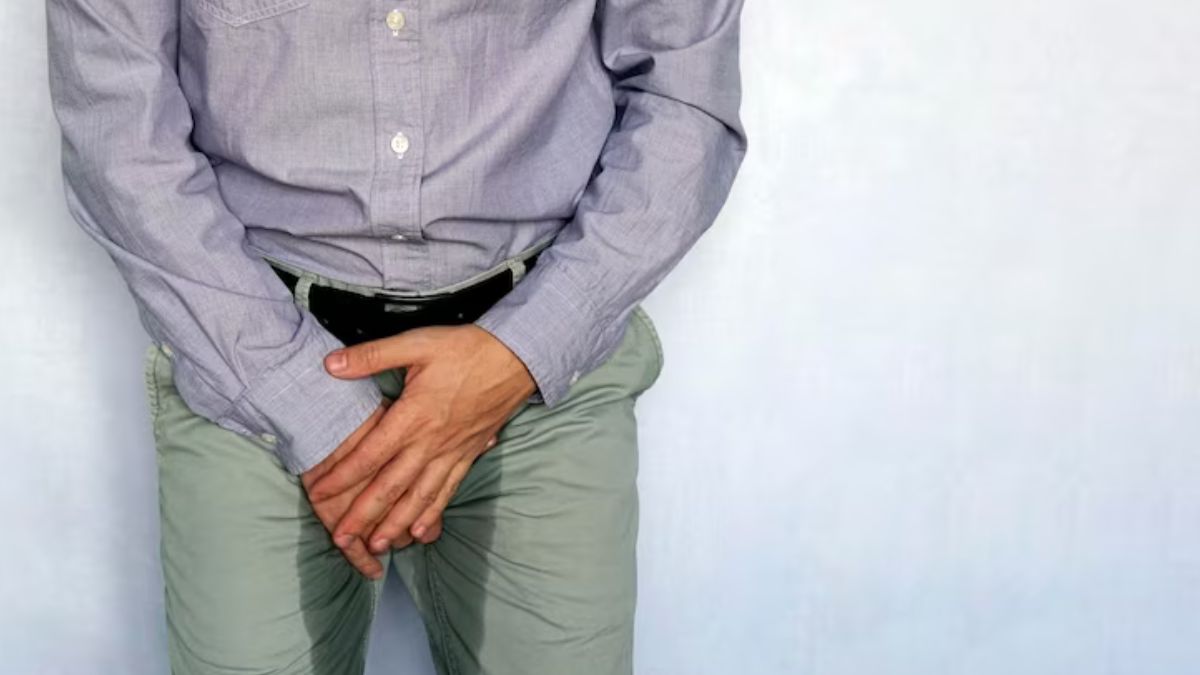
Stress urinary incontinence (SUI) is a condition that leads to unintended urine leakage when performing actions that put a strain on the bladder, such as coughing, sneezing, laughing, or exercising. While SUI is commonly associated with women, it can also affect men, although it is less frequently discussed. Men experiencing SUI often face embarrassment and a diminished quality of life, but fortunately, there are several treatment options available. Dr. Sanjay Gogoi, Senior Consultant & Head, Urology & Renal Transplant, Manipal Hospitals, Dwarka, New Delhi takes us through potential causes and treatment methods for SUI in men.
Table of Content:-
According to a recent study, SUI is prevalent in three per cent to five percent of young men and 11 percent to 34 percent of elderly men. However, due to low awareness about the issue, the impact on patients’ lives can be extreme and often leads to depression and withdrawal.
What Causes Stress Urinary Incontinence in Men?
Some of the major causes of stress urinary incontinence in men include:
- Prostate surgery, particularly radical prostatectomy
- Obesity and excess weight
- Ageing and weakened pelvic floor muscles
- Chronic coughing
- Neurological disorders affecting bladder control
- Bladder outlet obstruction
- Chronic constipation
- Certain medications, such as alpha-blockers
Also Read: How To Recognise And Treat A Urinary Tract Infection

Treatment for Stress Urinary Incontinence
Behavioral Techniques and Physical Therapy
The first line of treatment for SUI involves behavioural modifications and exercises to strengthen the pelvic floor muscles. Kegel exercises, which involve contracting and relaxing the muscles that control urination, can be beneficial in improving bladder control. These exercises should be performed regularly and consistently to achieve noticeable results over time. Men with SUI can also benefit from physical therapy. Pelvic floor physical therapy focuses on strengthening the pelvic floor muscles and improving overall bladder control. Biofeedback, electrical stimulation, and other modalities may be used in physical therapy to assist men recover bladder control.
Medications
In some cases, medications may be prescribed to manage SUI symptoms. A class of drugs called SSRI increases the activity of the nerve that stimulates the urinary sphincter, thus improving urinary control. Medications such as alpha-adrenergic agonists may also help improve urethral sphincter function and reduce urine leakage, however, due to possible side effects are seldom prescribed.

External Support Devices
For men with more severe cases of SUI, external support devices can provide effective temporary solutions. Penile clamps or compression devices can be worn externally to put pressure on the urethra, preventing urine leakage during activities that trigger SUI. It is important to consult a healthcare professional for guidance on the correct fit and usage of these devices.
Also Read: 5 Pelvic Floor Exercises To Relieve Urinary Incontinence
Surgical Interventions
There are different surgical options available, such as the placement of an artificial urinary sphincter or a male sling. These procedures aim to improve bladder control by supporting the urethra and preventing urine leakage.
The urinary sphincter is made up of three parts: (a) A fluid-filled cuff surgically put around the urethra (the tube from the bladder that drains pee from the body); (b) A fluid-filled, pressure-regulating balloon placed into the stomach (c) To control the device, a pump is implanted in the scrotum. Artificial sphincter surgery improves urinary control in the majority of men with SUI, and the male sling helps to control mild to moderate urinary incontinence by repositioning the urethra. Surgical interventions should be discussed thoroughly with a urologist to evaluate the potential risks and benefits.
Stress urinary incontinence is a condition that can affect men, causing embarrassment and a decreased quality of life. Behavioural techniques, physical therapy, medications, external support devices, surgical interventions, lifestyle modifications, and weight management can all contribute to managing and improving SUI symptoms. With the right approach and support, men can regain control over their bladder and experience an improved quality of life. Making certain lifestyle changes can also contribute to managing SUI symptoms. Engaging in regular exercise and adopting a balanced diet can help shed excess pounds and reduce stress on the urinary system.
Note: “Issued in public interest and for educational purposes only. The content of this article is not meant to provide medical or clinical advice. Please consult your doctor for more information.”
Also watch this video
How we keep this article up to date:
We work with experts and keep a close eye on the latest in health and wellness. Whenever there is a new research or helpful information, we update our articles with accurate and useful advice.
Current Version